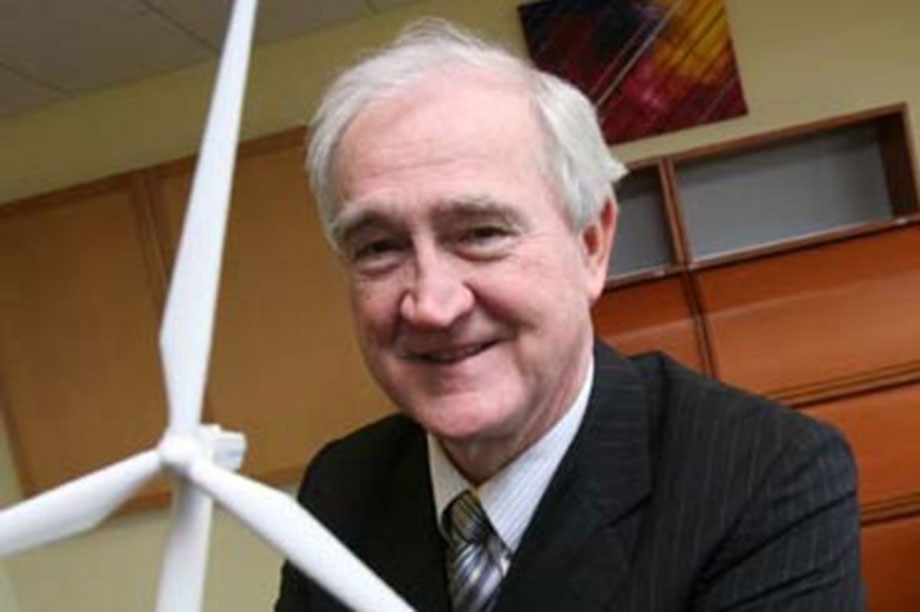"Wind is in a good place because of countries like South Africa," he said, pointing to the country's current tariff. "Not that many markets better the average price, which is half the price of coal."
O'Connor was speaking after Lekela Power, a joint venture between Mainstream and investment firm Actis, picked up 250MW in South Africa. Lekala has around 850MW set to go into construction across Africa by the end of next year.
A key reason for building in the country is the ideal climatic conditions. "The only issue left is the variability of wind, which in South Africa is very different. (In Europe) it is based on pressure and that arrives randomly. In South Africa it's driven by temperature," he said. It is so reliable that the average capacity factor is around 45%.
Mainstream has operations in Europe and the US, but O'Connor is downbeat about Europe's future potential. "Developed markets like Europe have reached the end," he said. "That ship has left the dock."
This is largely due to the grid and a failure of governments to integrate energy into a single market, he said. The solution is to develop the "supergrid", a single transmission system across northern Europe. The biggest obstacle to this, he says, is the "grid monopolies" - with the possible exception of Tennet and National Grid - especially those in the east.
He is especially critical of current UK policy to build gas power stations, which he describes as madness when RWE and E.on are selling theirs in Germany. "Instead of linking up with them and building the supergrid, the UK has decided to go the capacity route. Which is saying to customers, it'll cost you more, but don't worry because electricity is cheap anyway."
Mainstream remains involved in offshore in Europe, developing the 4MW Hornsea and 450MW Neart na Gaoithe projects in UK waters. However, O'Connor said there are concerns over whether the latter could be derailed by court action by the Royal Society for the Protection of Birds. Construction must start in the next 12 months as a condition of its contracts for difference deal.
In Chile, Mainstream has a pipeline of more than 1GW as part of a joint venture with Actis. "Chile is like an island. Andes on one side and the Pacific on the other. Neighbours that are not that friendly, so its a challenge. It has had to invent all the rules for itself ... no sharing of experience," he said.
"We've spent a lot of money there, and we will continue to do so. It is an advanced country compared with Argentina, Uruguay and Brazil." O'Connor expressed his concerns about corruption in Brazil, despite the buoyant market at the moment.
Turbine purchase is one area O'Connor has plenty of experience in. There is no sign of Europe's grip on the turbine manufacturing sector abating, although mainstream has used Goldwind turbines on some projects. "The big names have been at it for 20 years. It's not easy to copy that and they have all that knowledge," he said.
Optimism comes from the growth in technology, which is opening up parts of the market that would not have been accessible ten years ago, he said. "Wind is 50% cheaper than in 2008. That fall is staggering until you compare it to solar, which is 80%."




.png)
HR.jpeg)
.png)








